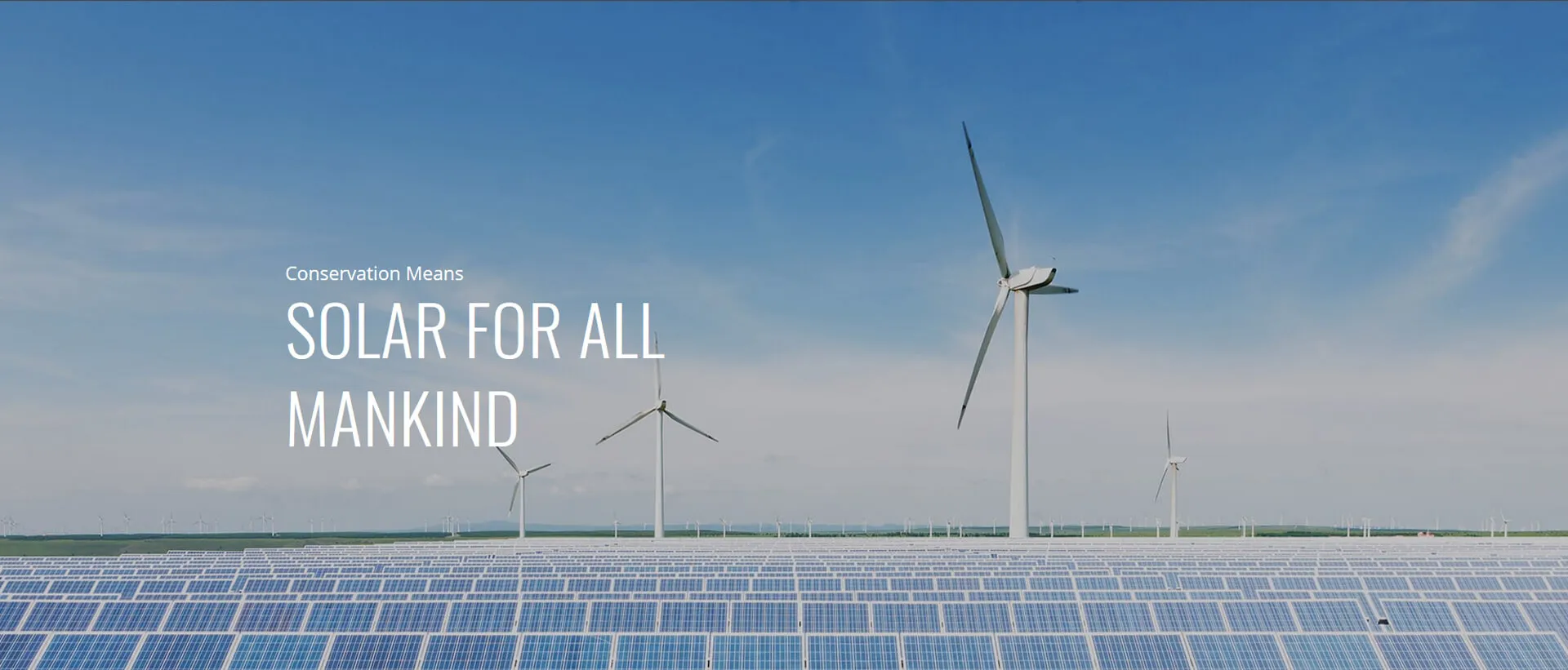High-Efficiency Solar Panels for Maximum Energy Production and Sustainable Power Solutions
The Rise of High Energy Solar Panels A Sustainable Future
In recent years, the quest for alternative energy sources has intensified, driven by the urgent need to combat climate change and reduce our reliance on fossil fuels. Among the various renewable energy technologies, solar power stands out as one of the most promising. At the forefront of this solar revolution are high energy solar panels, which are redefining efficiency and sustainability in solar energy generation.
High energy solar panels, also known as high-efficiency solar panels, utilize advanced technology to capture a greater amount of sunlight and convert it into electricity compared to traditional solar panels. While typical solar cells convert around 15-20% of sunlight into usable energy, high energy panels can achieve efficiencies of over 22%, and in some cases, even surpass 25%. This significant leap in efficiency not only enhances energy production but also optimizes the use of available space, making it a preferred choice for residential, commercial, and industrial applications alike.
Technological Innovations
The advancement in high energy solar panels can be attributed to several innovative technologies. One of the most notable developments is the use of monocrystalline silicon cells. These cells are made from a single continuous crystal structure, allowing electrons to flow more freely and resulting in higher energy conversion rates. Additionally, new materials such as cadmium telluride and perovskite are gaining traction, offering unique properties that contribute to higher efficiencies and lower production costs.
Another significant innovation is the implementation of bifacial solar panels. Unlike traditional panels that capture sunlight only from one side, bifacial panels harness sunlight from both sides, significantly increasing overall energy output. This feature is particularly advantageous in installations where reflective surfaces, such as snowy or sandy environments, are present, as they can enhance energy capture.
Environmental Benefits
high energy solar panels

The environmental benefits of high energy solar panels are profound. By generating more electricity from the same surface area, these panels help in further reducing the carbon footprint associated with energy production. Their increased efficiency means that less land is required for solar farms, thereby preserving natural habitats and reducing the ecological impact associated with large-scale solar installations.
Moreover, as the cost of solar technology continues to decline, high energy solar panels are becoming more accessible to a broader section of the population. This democratization of solar energy can lead to a substantial increase in adoption rates, driving down greenhouse gas emissions and contributing to a more sustainable energy future.
Economic Implications
The economic implications of high energy solar panels are equally significant. As technology advances and production scales up, the costs associated with high-efficiency solar panels are expected to continue to decrease. This makes them a viable option for homeowners and businesses looking to invest in renewable energy. Additionally, the increase in solar energy adoption contributes to job creation in various sectors, including manufacturing, installation, and maintenance.
Utility companies are also beginning to recognize the advantages of high energy solar panels. By integrating these panels into their energy grids, they can offer cleaner and more reliable energy to their customers while simultaneously reducing their operational costs. This shift not only benefits the energy companies but also paves the way for a greener economy.
Conclusion
High energy solar panels represent a significant leap toward a sustainable energy future. With their advanced technology, environmental benefits, and economic viability, they are poised to play a crucial role in the global transition to renewable energy. As research continues and innovation fosters even greater efficiency, high energy solar panels will not only maximize energy output but also contribute to a cleaner, greener planet for future generations. Embracing this technology is not just a choice; it's a necessity for a sustainable world.
-
String Solar Inverter: The High-Efficiency Solution for Smart Solar EnergyNewsJul.14,2025
-
Revolutionizing Rooftop Energy with the Power of the Micro Solar InverterNewsJul.14,2025
-
Power Independence with Smart Off Grid Solar Inverter SolutionsNewsJul.14,2025
-
On Grid Solar Inverter: Powering the Future with Smart Grid IntegrationNewsJul.14,2025
-
Monocrystalline Solar Panels: High-Efficiency Power for the Future of Clean EnergyNewsJul.14,2025
-
Bifacial Solar Panel: A Smarter Investment for Next-Generation Energy SystemsNewsJul.14,2025







